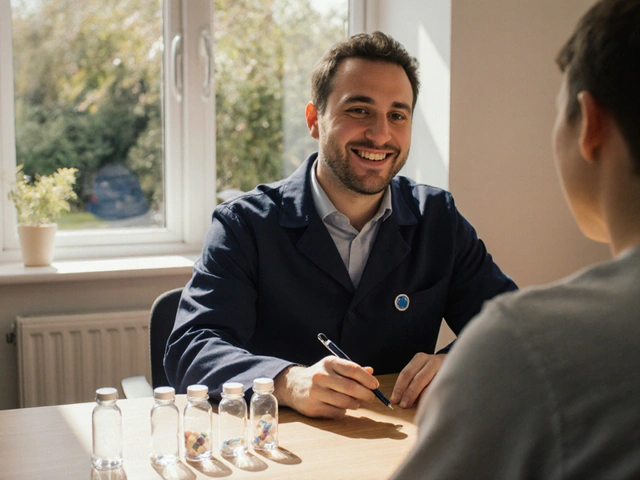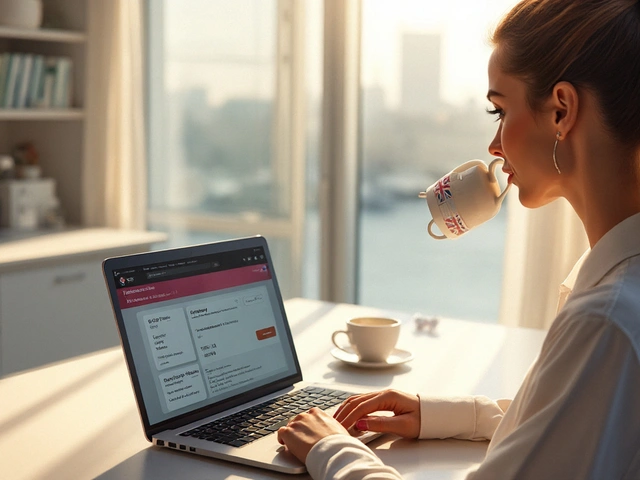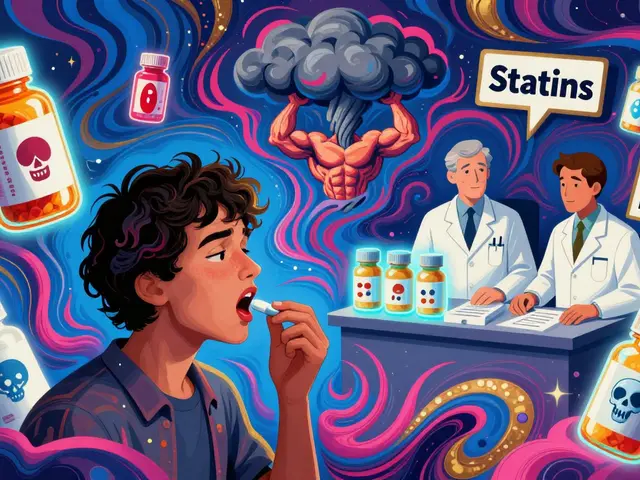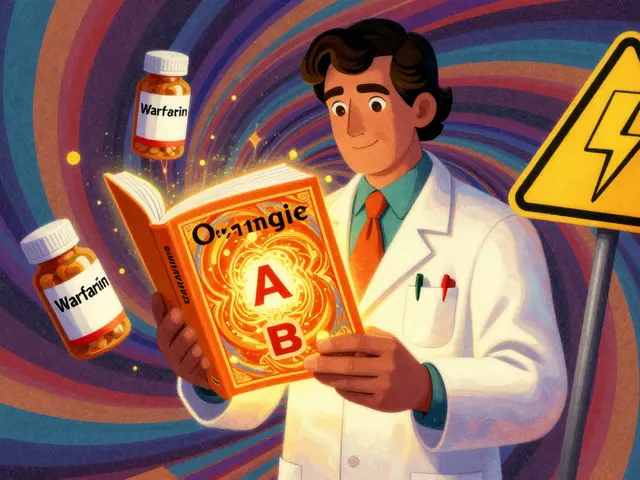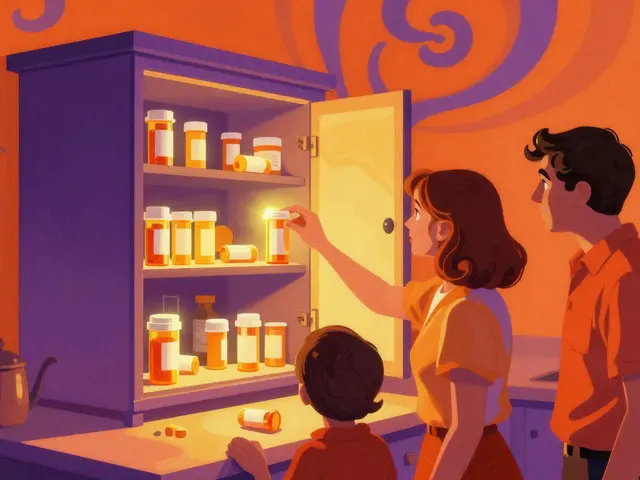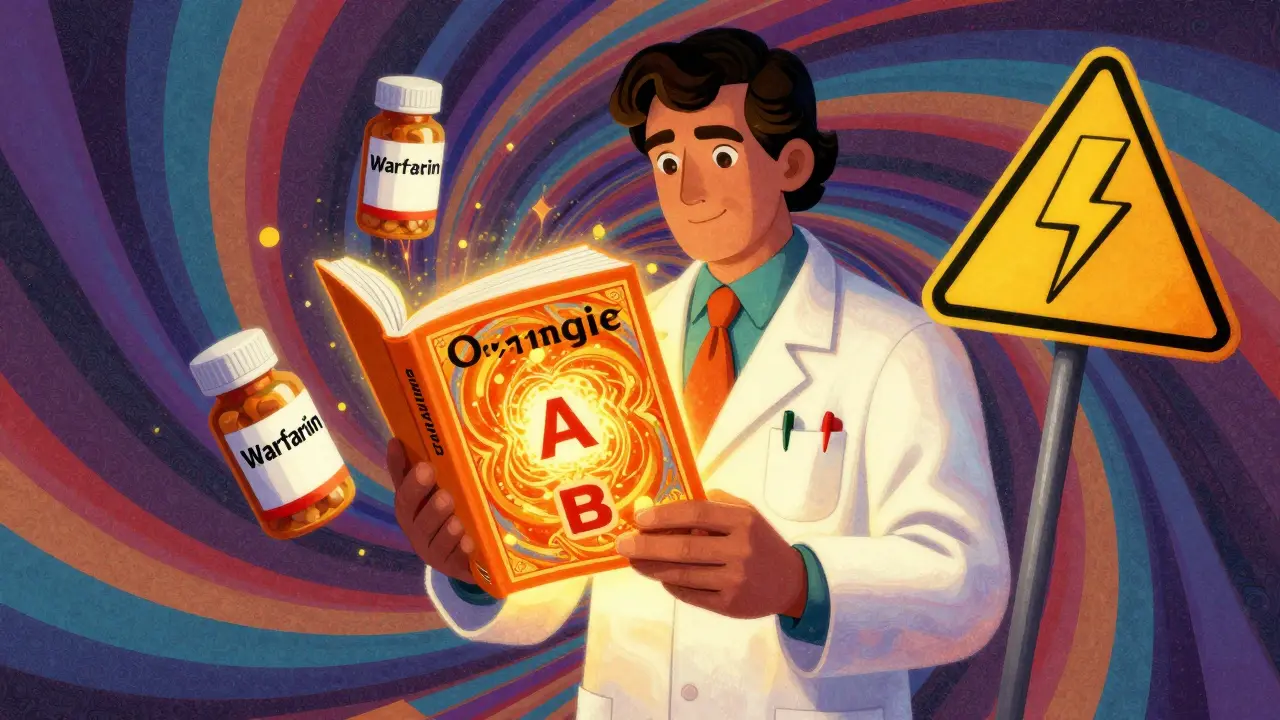
Drug Safety: Simple Tips to Keep You Safe
Every time you pick up a pill, there’s a chance it could cause an unwanted reaction or clash with something else you’re taking. That’s why a quick safety check should be part of your routine, not an after‑thought. Below are the most useful habits you can adopt right now to make sure the medicines you use help, not hurt.
Check Side Effects and Interactions
First thing’s first – read the side‑effect list. It’s not just a legal requirement; it tells you what to watch for. Common symptoms like nausea, dizziness, or a rash might be harmless, but sudden swelling, severe headache, or chest pain need a doctor’s call fast. If you’re on more than one drug, use a free online interaction checker or the NHS website to see if they play nice together.
Over‑the‑counter antihistamines such as Allegra (fexofenadine) and Singulair (montelukast) are often safe, but they can still raise heart rate or cause sleep issues when mixed with certain blood pressure meds. That’s why it’s worth a quick chat with your pharmacist before you combine them with a prescription like Zestoretic or Atacand.
Buy Generics Online the Right Way
Finding a cheap generic version of Plavix, Doxycycline, or any other drug can save you money, but the internet is full of fake pharmacies. Look for a UK‑registered pharmacy that displays a valid MHRA (Medicines and Healthcare products Regulatory Agency) licence. Check that the site requires a prescription for prescription‑only meds – a red flag if they ship without one.
Once you’ve confirmed the pharmacy, compare prices but don’t chase the lowest offer at the cost of safety. A slightly higher price from a verified source usually means the drug is stored correctly and isn’t counterfeit. Keep a copy of the prescription and the pharmacy’s contact details in case you need to verify anything later.
Supplements like Aristolochia, Nux Vomica, or Corn Cockle look natural, but they can still interact with blood thinners, diabetes meds, or thyroid hormones. Treat them like any other drug: read the label, verify the dosage, and ask your GP if you’re unsure. Remember, “natural” doesn’t automatically mean “risk‑free.”
When you start a new medication, set a reminder to log any new symptoms in the first week. Apps or a simple notebook work fine. If something feels off, stop the drug and contact your healthcare provider. Early detection prevents many serious issues.
Finally, keep your medication list up to date and share it with every doctor you see. Whether you’re on a heart‑friendly diuretic like Hydrochlorothiazide or a migraine tablet like Quibron‑T, a complete list helps clinicians spot dangerous combos before they become a problem.
Staying safe with drugs isn’t rocket science – it’s a matter of habit. A quick side‑effect scan, a trusted source for generics, and honest communication with your pharmacist and doctor go a long way toward keeping you healthy and hassle‑free.
-
16 Feb

-
29 Jan

Prescription Label Warnings: What Medication Stickers Really Mean
Prescription label warnings are critical for safety-but most people misunderstand them. Learn what red, yellow, and white stickers really mean, why symbols fail, and how to avoid dangerous mistakes with your meds. -
3 Jan

Medical Alert Bracelets: When and Why They Matter for Drug Safety
Medical alert bracelets save lives by giving emergency responders instant access to critical drug safety info when you can't speak. Learn what to engrave, which type to choose, and why 37% of ER errors could be prevented with one. -
22 Sep
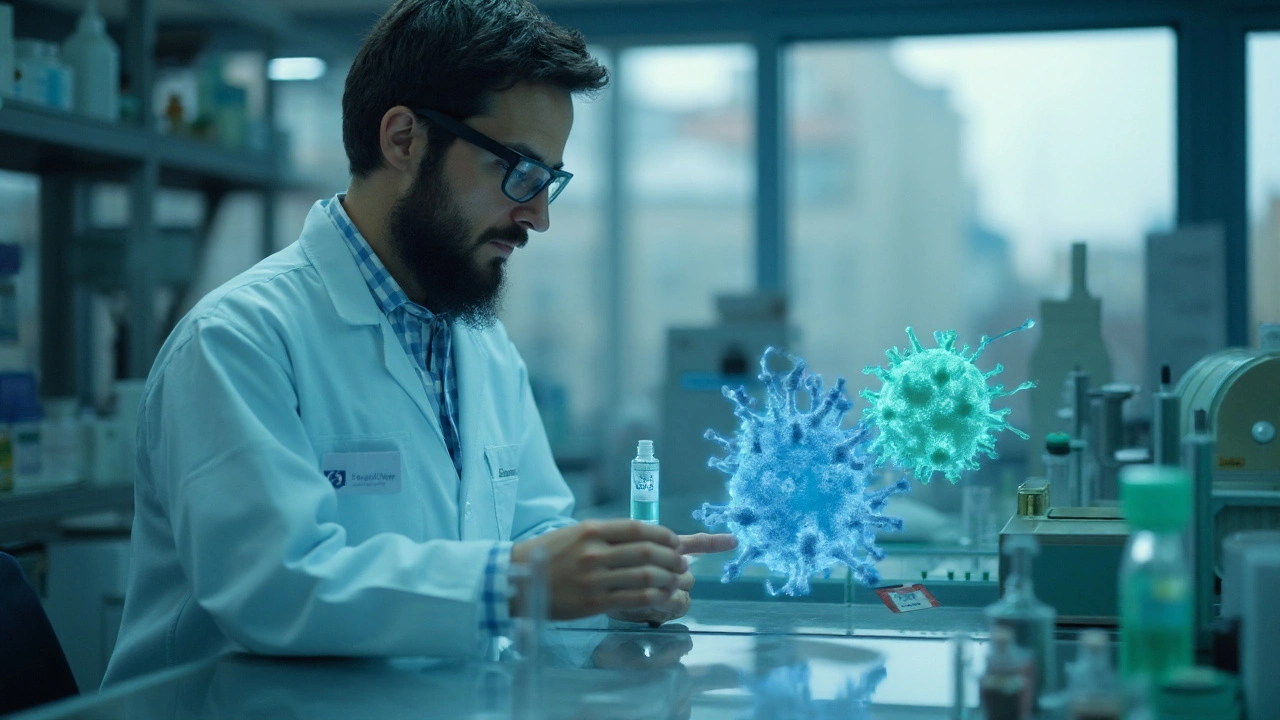
Chloroquine Phosphate and Public Health Education: What You Need to Know
Learn how chloroquine phosphate works, its safety issues, and why public health education is key to safe use and preventing drug resistance.
